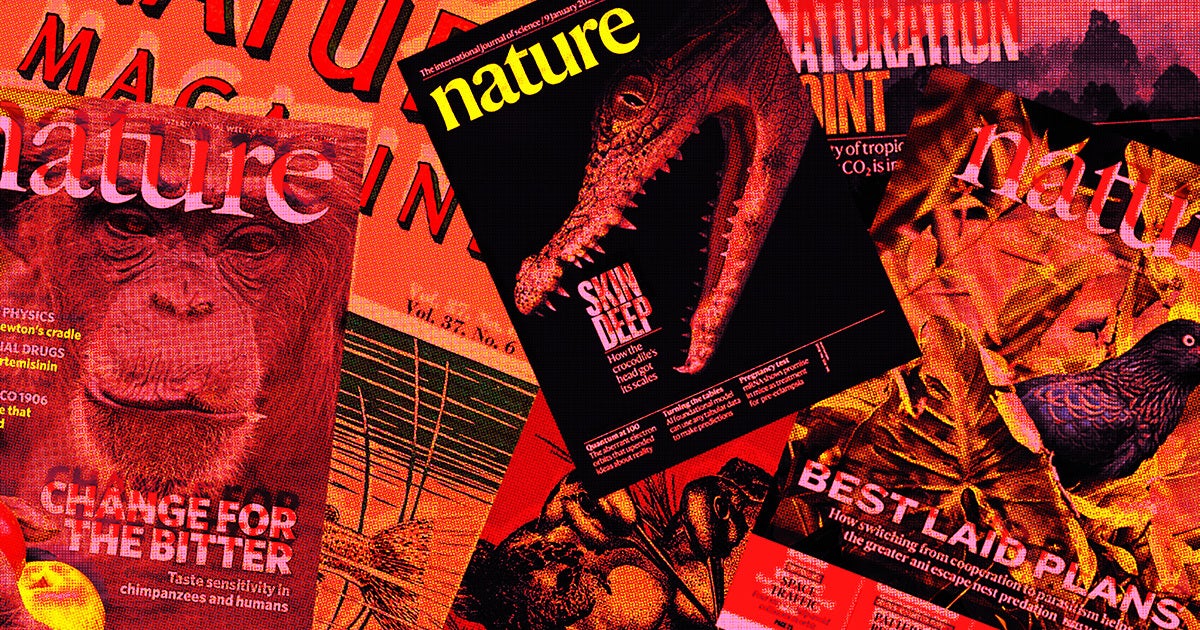Additional context for non-scientists:
Nature is the highest-cited (extremely high impact factor, a.k.a. how many times the average paper in a journal gets cited) basic sciences journal, and is one of the most-cited only behind some clinical study-specific journals like Lancet. Nature is also widely regarded as one of the (if not the) most elite journals to publish in. Lots of scientists’ careers hinge on them publishing papers in journals like Nature or Science.
Springer Nature also operates a lot of Nature-branded journals (like Nature Genetics, Nature Cell Biology, Nature Protocols) that are commonly regarded as some of the best field-specific journals. Not to mention Scientific American, a highly rigorous science news source aimed at the general public.



We need to stop using this 18th century model fucking yesterday.
Whether people want to admit it or not, things like sci-hub are the future.
Is there any sort of system to peer review papers or just making current papers more accessible? I love the idea of that, but we still need to make sure research is being double checked before making claims and being able to promote it as research.
I would think we would just copy Linus Torvald’s “Bazaar” style that he uses for the Linux Kernel Mailing List for peer-review.
The current model is closer to the Cathedral model.